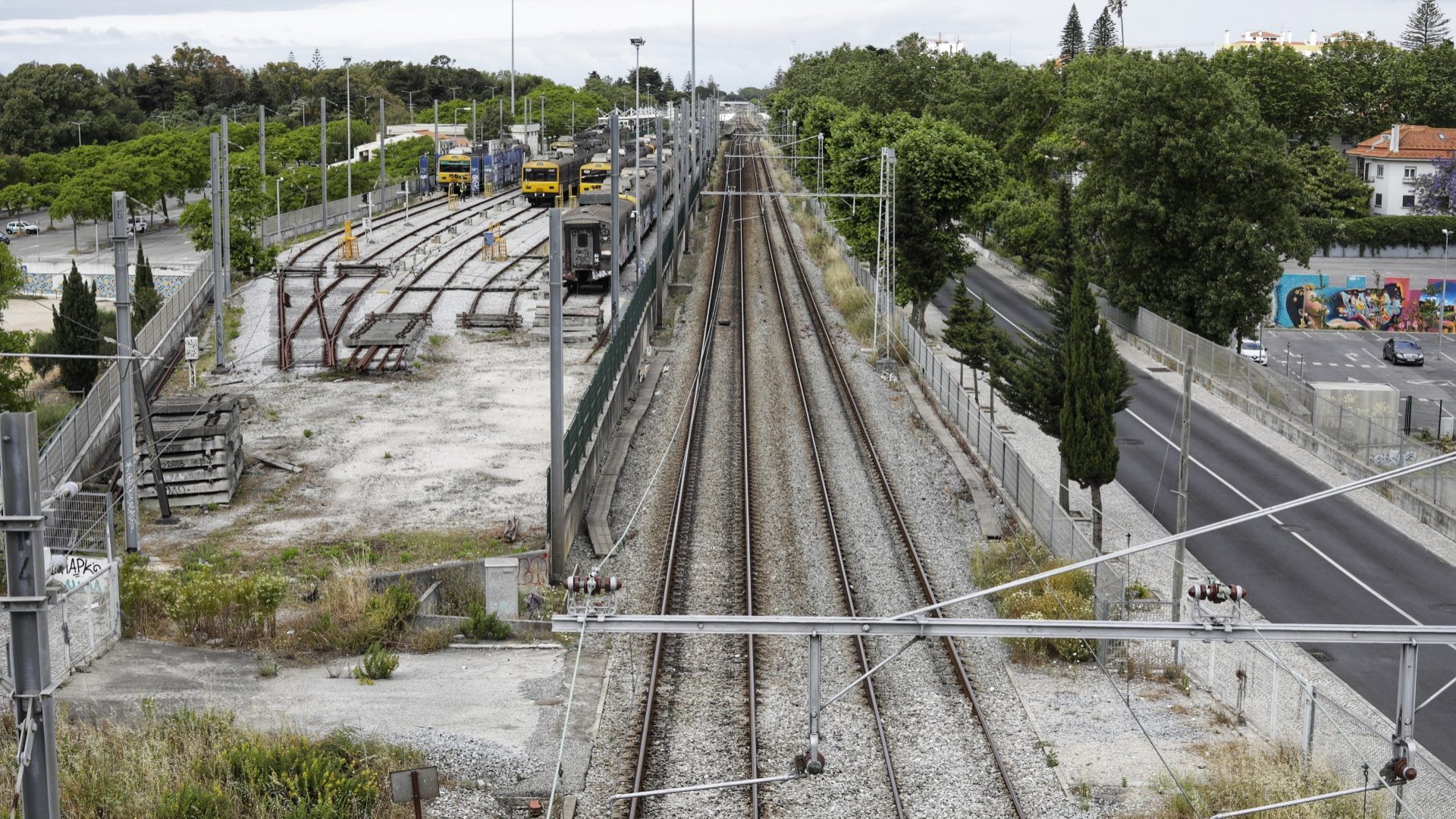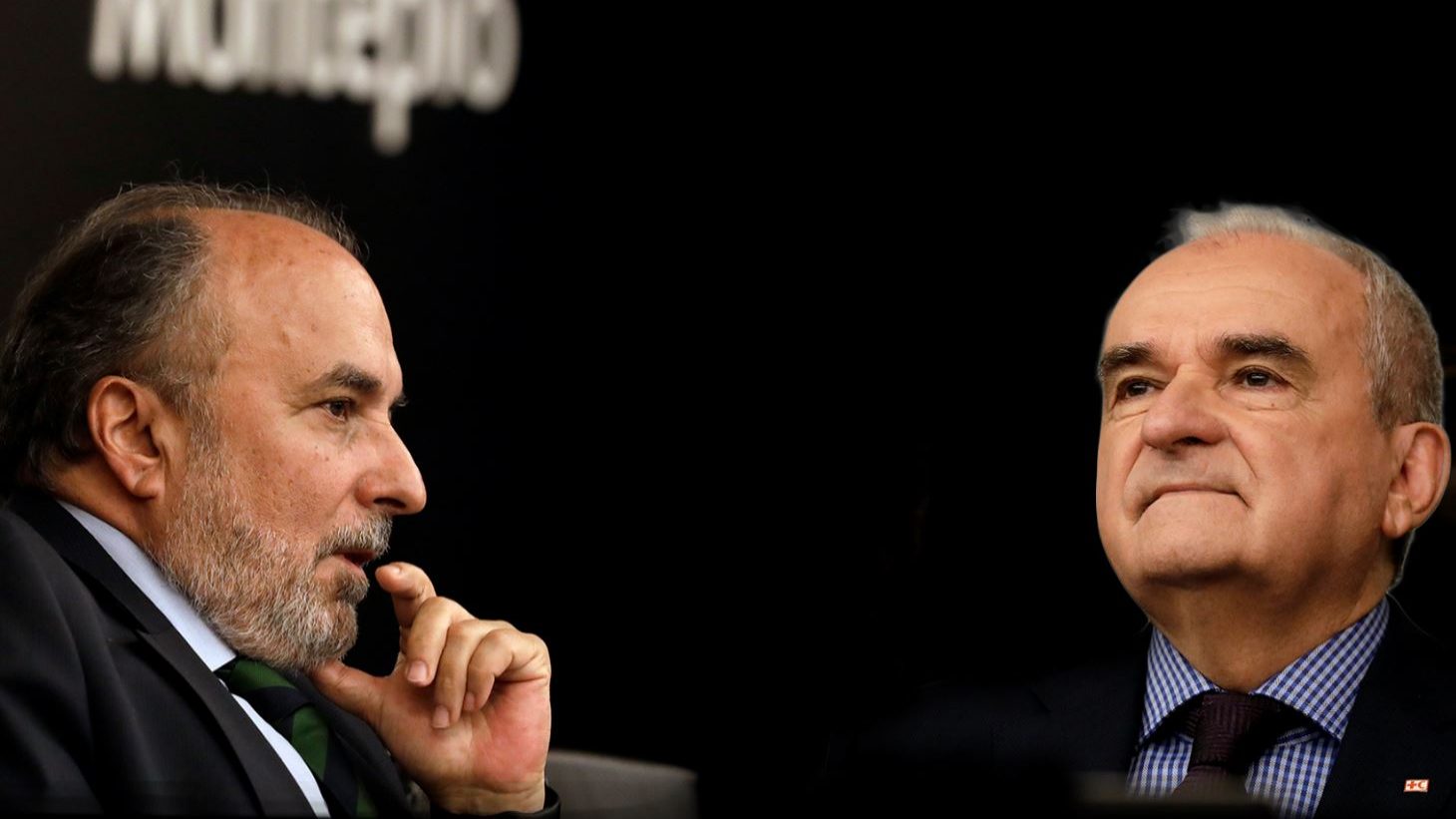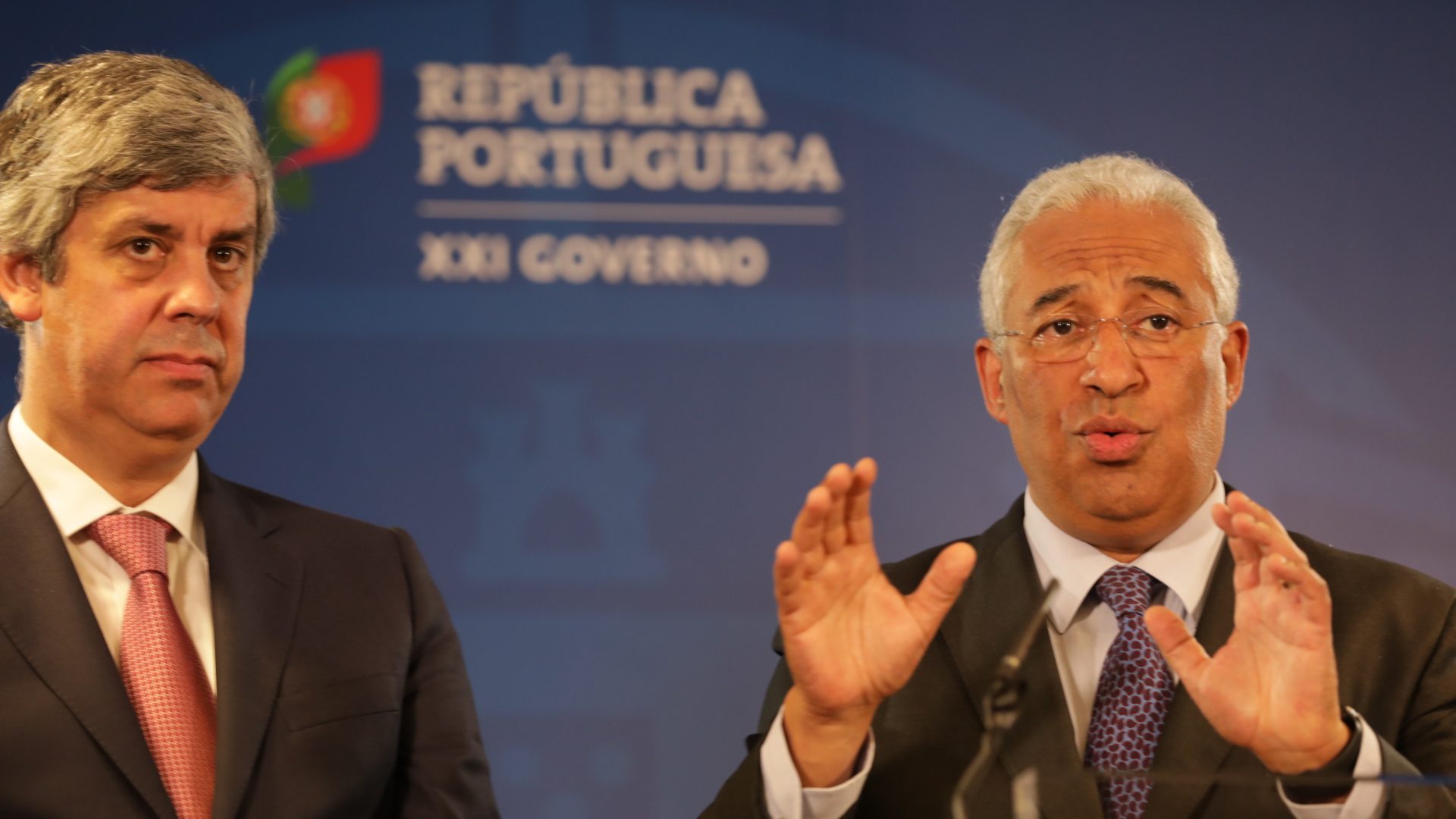Exports failed to keep up with imports’ growth in June
Exports didn't accompany the growth rate of imports, until June, according to the Portuguese Office for National Statistics (INE) causing the trade deficit to spike.
Trade deficit increased by €641m during the first semester of the year, accounting for a total of €1,682bn in trade deficit accounts by the end of June this year.
Exports went up by 6%, which wasn’t enough to accompany the 8% growth in imports registered between January and June. Data was released by INE earlier this week. If we consider the month of June alone, there is a much more significant difference between exports and imports: Portugal’s sales to the outside world increased 8,6% while the purchase of goods to third countries went up by 18,1%. “This symbolic spike in imports was mostly due to the demand for fuels and lubricants coming from third countries”, INE’s report showed.
Barrel of brent prices have been inflating, during the last few months. This is a value of reference for the Portuguese market, and its price per barrel reached $80. Excluding fuels and lubricants, exports would have risen by 6,8% and imports would have increased by 10,3%.
Considering the accumulated values from the first semester of the year, national exports reached a total of €29.5bn, representing a 6,6% year-on-year increase. At the same time, Portugal imports reached 37.1bn, accounting for an 8,8% year-on-year increase.
A quite contributing sector to the rise in exports was indeed the car manufacturing industry: exports of vehicles and other transport equipment went up by 28,7%. Volkswagen’s T-Roc assumes a prominent position in contributing to the growth of sales of vehicles (which took off by 86,4%).
If we excluded the weight of fuels and lubricants, the trade deficit would have reached €641m, but this increase in imports of fuel made Portugal’s trade deficit aggravate to a €1,682bn.




